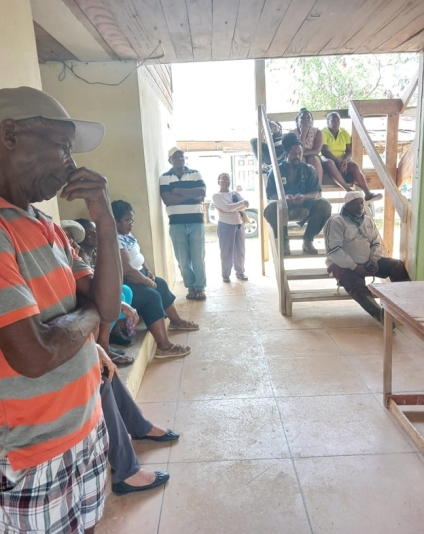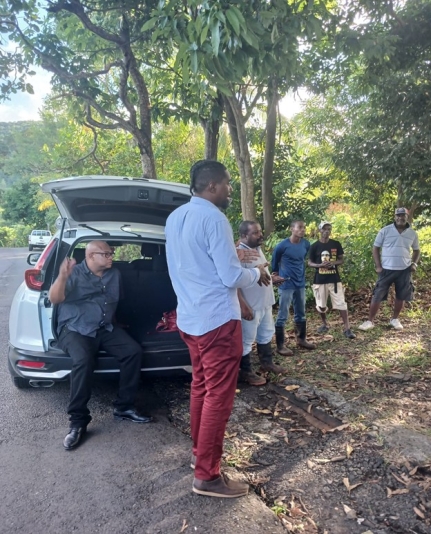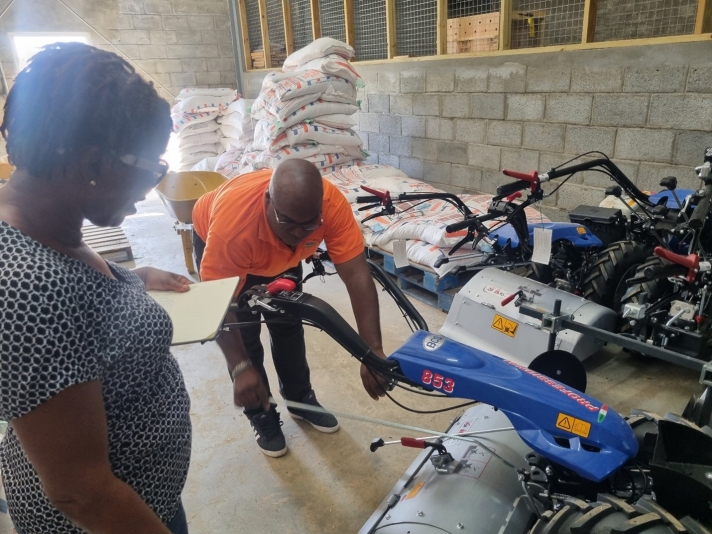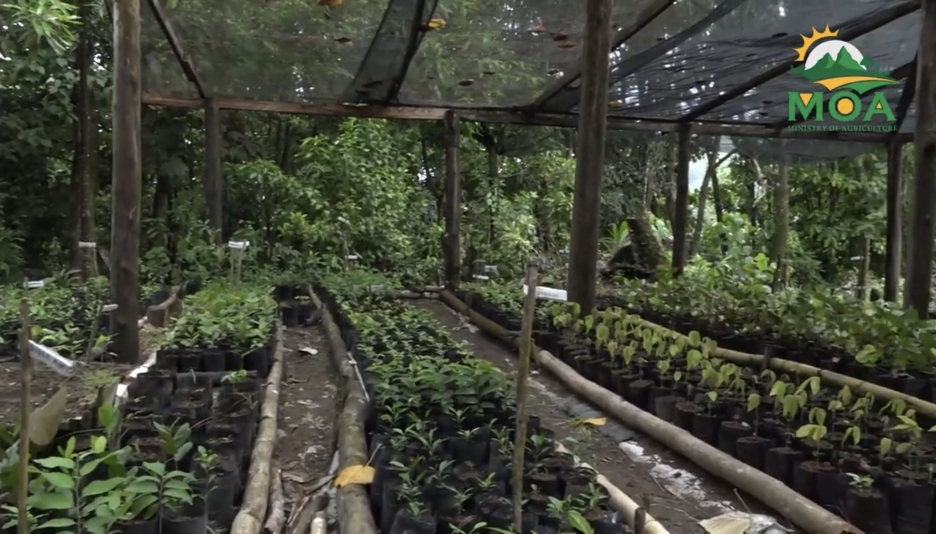Building Resilience: Transforming Saint Lucia’s Agriculture Sector in the Face of Climate Change
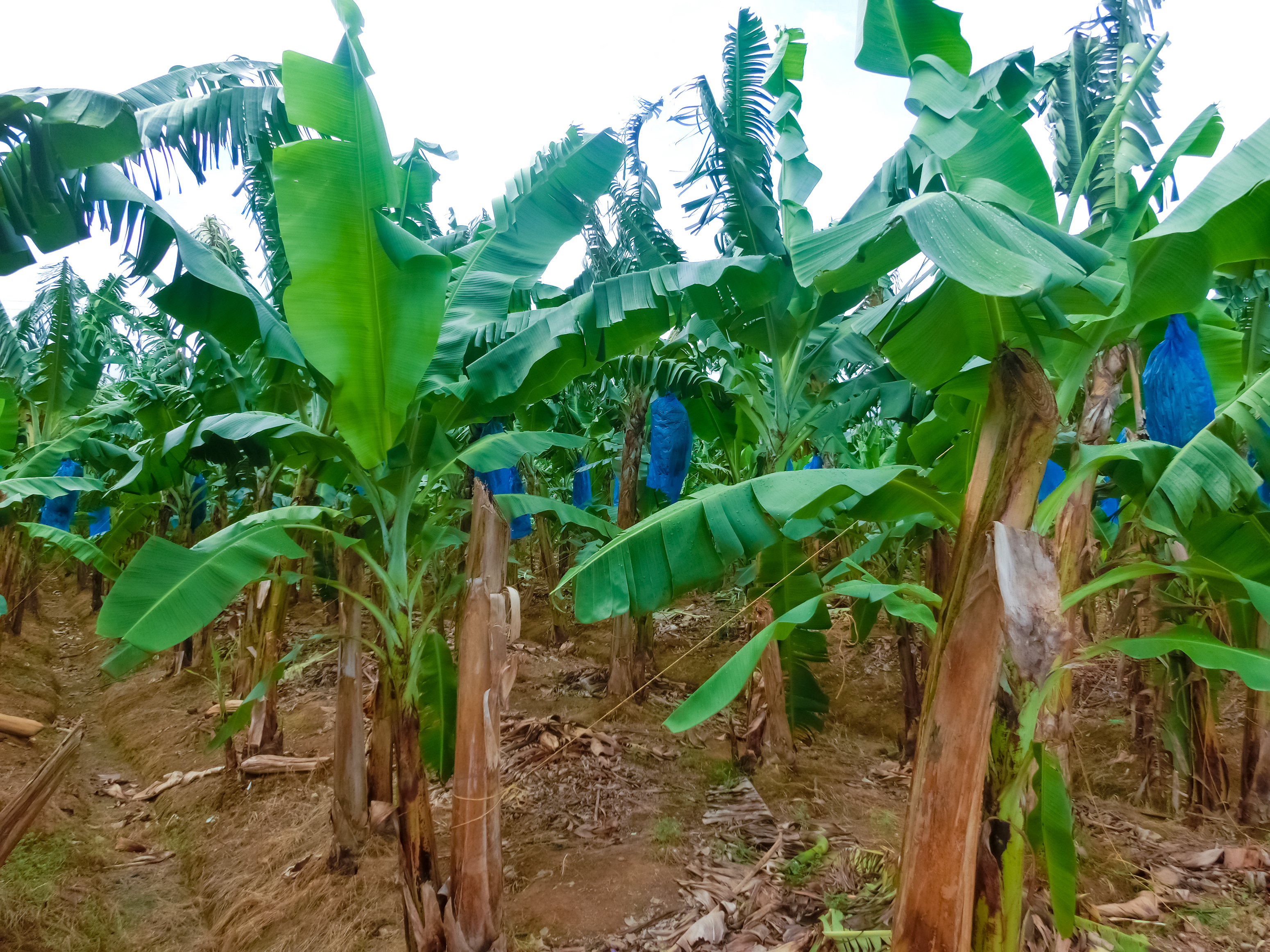
A banana plantation in Saint Lucia
In Saint Lucia, agriculture is much more than an economic sector; it supports the livelihoods of 22% of the population and ensures food security. However, climate change presents unprecedented challenges. Farmers face severe weather events—hurricanes, heavy rainfall, and droughts—that disrupt farming cycles and threaten productivity. Soil erosion and landslides further compromise farmland viability, while prolonged rainfall threatens both livestock and aquaculture, causing mortality and sedimentation that devastate fish populations. The need to build resilience in Saint Lucia's agricultural sector has never been more critical.
In response, the Caribbean Development Bank (CDB/the Bank) and the Government of Saint Lucia (GOSL) launched the Building Resilience for Adaptation to Climate Change and Climate Variability in Agriculture in Saint Lucia (BRACCVAS) project, backed by a USD 9.8 million grant from the Adaptation Fund. This is the first project to receive financing since CDB’s accreditation as a regional implementing entity of the Adaptation Fund.
BRACCVAS is focused on transforming farming practices across 11 communities in key agricultural regions to make them more sustainable, efficient, and resilient.
“To date, agricultural personnel have been trained in GPS and GIS technologies, improving the precision of vulnerability mapping and disaster impact assessments, which in turn strengthens early warning systems and disaster preparedness.”
Dennery, located on the east coast of Saint Lucia, is largely hillside farmland, with some flat areas used for a mixture of root, food, tree and vegetable production. The forest nursery there has produced over 10,000 plants.
“The plants from the nursery are being used to prevent soil erosion and contribute to land restoration, helping to keep the land productive and resilient for the future.”
As part of its ongoing efforts, BRACCVAS is also prioritising youth involvement and resource equity.
"Youth engagement is a key priority, with partnerships formed with youth organisations and communities to help young people tackle climate-related challenges in agriculture, build a more climate-resilient farming sector, and encourage them to become more aware and involved in sustainable farming practices,”
He also mentioned that a comprehensive assessment was completed to ensure equitable access to resources and benefits.
For local farmers such as Mr. Cornelius Sydney, BRACCAVS offers a promising path to healthier soil, improved crop yields, and more secure harvests. As he sees it, the initiative is more than just land restoration; it’s about safeguarding their livelihoods and ensuring future harvests.
"This project has given us hope to adapt to climate challenges and build resilience right here on our farms,"
Personnel, including Ms. Damma Jacobie, an Extension Officer at the Ministry of Agriculture, Fisheries, Food Security and Rural Development, are also benefiting from the project. She describes it as a turning point in her work, saying,
“The project has enhanced my technical skills and deepened my understanding of climate-smart practices. I now feel better prepared to support our farmers in adapting to climate challenges.”
The project is now building on these successes by addressing ongoing challenges, including soil erosion and water scarcity. Efforts to implement soil conservation techniques, install rainwater harvesting systems, and introduce efficient watering methods are underway. Two solar-powered agro-parks are also being developed, offering small-scale farmers access to infrastructure, training, and opportunities to diversify their incomes while adopting sustainable practices.
The Bank’s involvement in this initiative is crucial in driving solutions that address both immediate and long-term challenges for farmers in the face of climate change.
“Climate resilience is fundamental to our future, and with the help of the Adaptation Fund, we are taking meaningful action. This project enhances agricultural systems, protect farmers’ livelihoods, and ensure food security for our people. Together, we are building a sustainable path forward in the face of climate challenges.”
With initiatives like BRACCVAS, Saint Lucia’s agricultural sector is evolving. By building the capacity of farmers and agricultural workers with innovative tools and practices, the project is sowing the seeds of a sustainable future, empowering them to thrive despite climate challenges.
